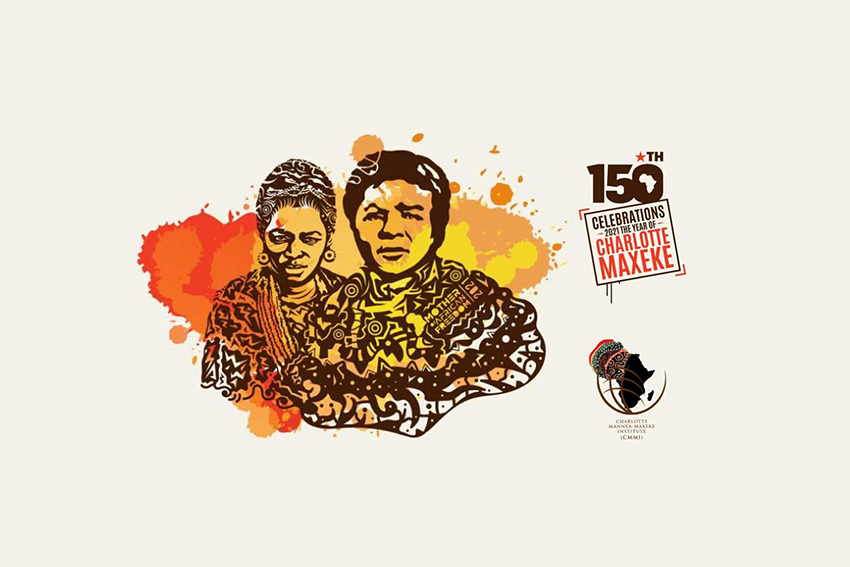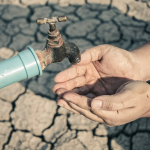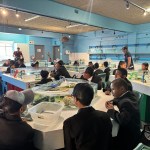The South African government named 2021 “The Year of Charlotte Maxeke” in honour of her achievements and what would have been her 150th birthday. There can perhaps be no better time than now to focus on the largely unrecognised role of women leaders in our country, our universities, our communities and homes.
We pay special tribute to all women, past and present, who have transcended the social, gender and political oppression they faced, often at great risk to their lives, including the more than 20 000 women who marched for the liberation of our country in 1956. We have immense reverence for the contributions they made to enable future generations of South African women to gain their place at the socio-economic and intellectual table, and to transform our society so that women may flourish.
To achieve the desired goals of gender parity in this decade, the continent needs to extend the full participation of women in their economies.
The University of Pretoria (UP) is completely committed to this endeavour, and on 26 August, we started the journey to launch the Women’s Economic Advancement Research Hub for Africa (WEARA) at the University of Pretoria in honour of Madame Maxeke. The multiple challenges that women face today might look different to a century ago, but they certainly require the same resilience and intellectual contribution to resolve. The long-term intention is to develop this research initiative into a fully-fledged research centre.

WEARA will be launched later this year, and will provide a platform for taking forward the contributions and commitments made by President Cyril Ramaphosa, as Chair of the African Union (2020 and 2021), to escalate the economic empowerment of women. The aim is to extend research collaboration and integration across the continent with a quadruple helix approach, involving knowledge institutions, the corporate sector, civil society organisations and government.
The hub will serve as a space for research, analysis and reference on the progress of the economic advancement of women, and is designed to measure progress against the targets of the African Union’s Agenda 2063 and the United Nations’ 2030 Sustainable Development Goals. As an integrating research platform, it will function virtually, with limited internal staff linked to key experts and partners in the country, across the continent and around the world.
We want to hear all women’s voices on the continent, not only that of intellectuals or professionals. We want women from all walks of life and all forms of work or worklessness, in urban and rural areas, to share their knowledge, because it speaks of women’s power and leadership in society.
By mobilising and bringing together our collective expertise, we can go so much further down the road to progress, where gender inequity is bridged and the economic emancipation of women across urban and rural divides is finally achieved.
We also need to proactively tackle gender stereotypes, as these are some of the greatest barriers to gender equality; they are holding women back from economic growth and social progress that can come only from women’s empowerment and gender equality
WEARA will be situated at the Future Africa Institute at the University of Pretoria, which is well placed to serve as a host for harnessing the promotion and integration of this research. We look forward to outcomes such as evidence-based information on gender, women and the economy; advisory services; innovative tools to advance the goals of the Generation Equality campaign; and more.
As a university, we understand the need to come up with strategies that we can collaboratively implement to achieve social equality and environmental sustainability. Universities are well positioned to take the lead in surfacing neglected knowledge and creating new knowledge, through adopting a transdisciplinary research approach – and that is exactly what we aim to achieve through WEARA and the Future Africa Institute at UP: a vibrant, collaborative space with a vision to transform the world through African research excellence.
I have spoken out boldly on a few occasions, emphasising that the future of the world hinges on the future of Africa. Africa is the future, not just for Africans, but for the world, given that its population will rise to about one-third of the global population by 2,100. It is also the youngest population, and so we have the unique opportunity to empower our youth, women and men equally, as path-breakers of the African knowledge society, to contribute significantly to innovation on the continent, and to apply themselves to finding solutions to the multiple crises and disruptions our planet faces. As former US president Barack Obama said: “If you’re walking down the right path and you’re willing to keep walking, eventually you’ll make progress.” DM
This article is based on a speech delivered by Prof Kupe at an event titled ‘A Dialogue on Knowledge Economy and Generation Equality in Africa’, hosted by the Future Africa Institute at the University of Pretoria.


















 Become an Insider
Become an Insider
The University of Pretoria has an endowment which is invested in fossil fuels like coal, gas and oil, which when burnt cause global heating, and global heating has a disproportionately nasty effect on women. The University should join UCT and Wits in taking steps towards fossil fuel divestment. Please walk the talk…